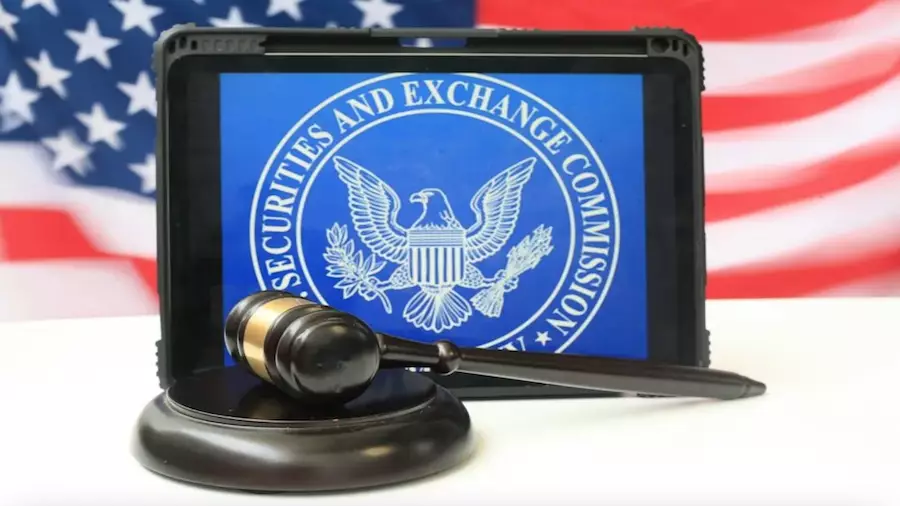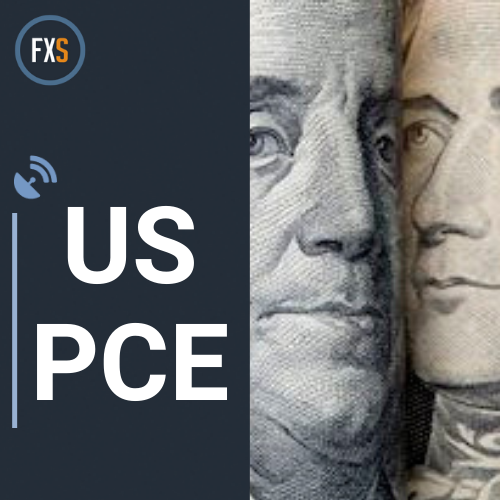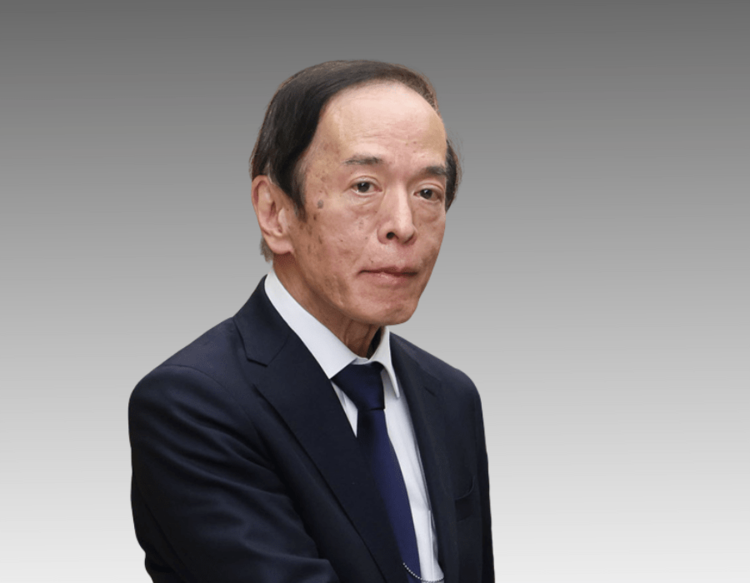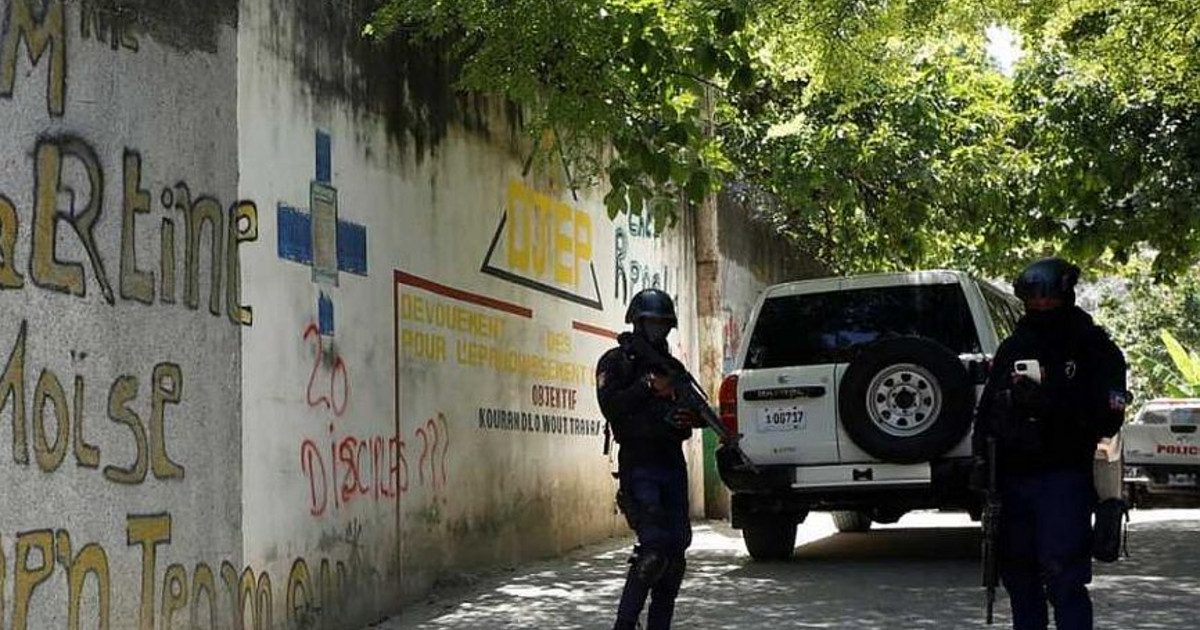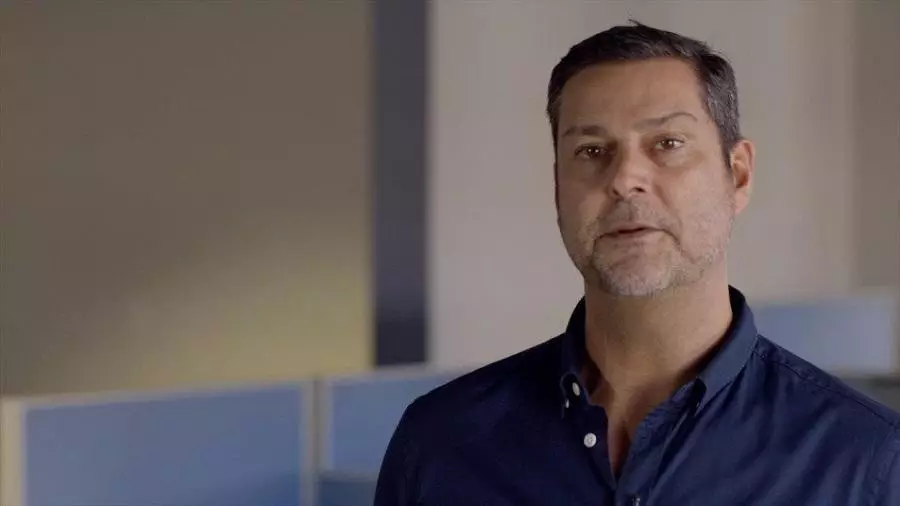Colombia’s Truth Commission on Tuesday presented a long-awaited report on nearly six decades of widespread civil unrest during an emotional ceremony in Bogotá, the country’s capital.
The Truth Commission’s final report marks the culmination of hours of interviews with victims, armed actors and public servants involved in the armed struggle between the Colombian state and the Revolutionary Armed Forces of Colombia (FARC). The commission was created in 2016 as part of a historic peace agreement between the Colombian government and the FARC.
The 800-page report sheds light on the human rights abuses and criminal acts that took place in Colombia during the 52 years of armed conflict that killed up to 220,000 people and displaced up to 5 million people.
It also contains recommendations on how the country can move forward even if fighting continues despite the 2016 peace agreement.
These are the five main findings of the released report:
- There is an “endless” list of victims
It is unclear how many people died in the conflict, which affected all aspects of Colombian society, according to the commission. According to conservative estimates by the National Center for Historical Memory, more than 260,000 civilians lost their lives as a result of the violence.
If all the named victims of the conflict were read aloud, it would take more than 17 years to read them all, Father Francisco de Roux, head of the Truth Commission, said Tuesday.
“The list is endless… the pain is immense,” he said.
The commission also established that the vast majority of the victims of the conflict were civilians, estimating that up to 34,000 children were forcibly recruited by the guerrillas in the last 30 years of the conflict alone.
While this Tuesday was devoted to the final 800-page report on findings and recommendations, the 11-member commission also released nine additional volumes detailing historical events, testimonies and transcripts of more than 14,000 interviews from 2016 to 2020.
- The military must focus on human rights
The Truth Commission said the Colombian armed forces committed human rights abuses and conducted a criminal war throughout the conflict. Now he is urging the military to carry out comprehensive reform, saying “the security approach did not create security.”
Father de Roux called on the authorities to reorient the armed forces towards human rights and international law, and also called for the creation of a civilian police force. In Colombia, the police are part of the Ministry of Defense, and police officers often train and work with military units.
- Recasting the War on Drugs
The Truth Commission recommended that the government completely change its war on drugs. Drug trafficking is such a ubiquitous force in Colombian society that it should be considered a political entity and not the target of repressive measures, the report says.
He called for an end to the practice of aerial spraying to combat the harvesting of coca plants in rural areas, due to the negative impact it has on health, food safety and the environment.
And while successive Colombian governments celebrate the extradition of powerful drug traffickers, the Truth Commission advises against approving so many requests for respect for victims’ rights. Instead, they advise that drug traffickers be tried in Colombia.
- Current Colombian President Iván Duque did not attend the event.
Although the commission’s work was praised internationally, especially by the US ambassador to Colombia, Duque’s absence due to a trip abroad was noted.
In 2016, Duque campaigned against the peace agreement that led to the creation of the Truth Commission, and while he promised to respect the agreement upon becoming president, security deteriorated during his tenure.
Duque’s party, the Democratic Center, whose leader Álvaro Uribe oversaw one of the bloodiest phases of the armed conflict, released a statement on Tuesday saying: “We do not consider it appropriate to establish definitive or dogmatic truths about the conflict and its actors, as we do not are multiple versions of what happened in the context of the Colombian armed conflict”. Colombia’s new president, Gustavo Petro, takes office on August 7.
- The report is not legally binding
Although the Truth Commission’s report is the most extensive investigation into human rights abuses and criminal acts that took place during the armed conflict, it lacks legal weight.
As part of the 2016 peace agreement, a special Peace Court is tasked with investigating and prosecuting armed actors from both the armed forces and the guerrillas.
The Truth Commission’s role was to come up with recommendations to prevent a similar conflict from happening again.
Source: CNN Brasil
I’m James Harper, a highly experienced and accomplished news writer for World Stock Market. I have been writing in the Politics section of the website for over five years, providing readers with up-to-date and insightful information about current events in politics. My work is widely read and respected by many industry professionals as well as laymen.

